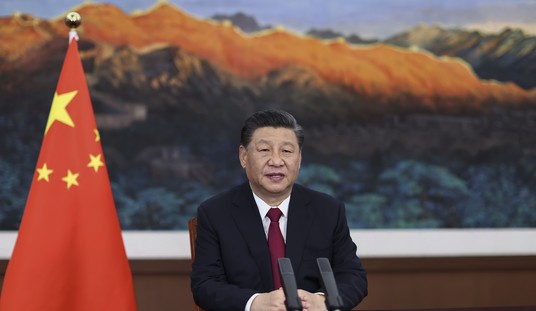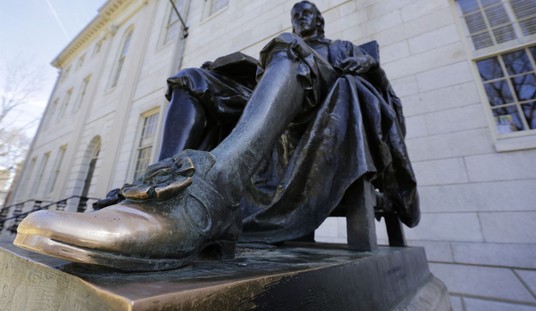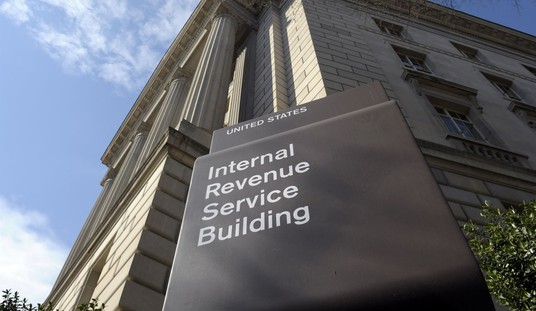
United Nations Ambassador Nikki Haley will present the UN Security Council with a proposal for increased sanctions on North Korea on Monday. I’ve already posted about what the sanctions will include and the fact that their prognosis is grim as two members of the UN Security Council–Russia and China–have North Korea’s back when it comes to serious sanctions. But there is evidence that the Trump administration is going after smaller trading partners of North Korea and that may be getting the attention of the Chinese.
Review of sanctions in place on Sudan were extended, rather than the sanctions ending, because of Sudan’s relations with North Korea. NATO countries issued a joint communique in which they told their trading partners that trade with North Korea was unacceptable.
Perhaps the biggest example of what can happen if a country continues to trade with North Korea came via Egypt.
The Trump administration on Tuesday denied Egypt $96 million in aid and delayed $195 million in military funding because of concerns over Egypt’s human rights record and its cozy relationship with North Korea.
Most agree that of the two factors, Egypt playing footsie with North Korea and its ballistic missile program was the biggest factor. Concerns about the relationship between those two countries has spanned multiple administrations but because of the importance of keeping Egypt at peace with Israel, nothing has been done about it. The Egyptians are putting on an appearance of aggrieved innocence but their record is well established.
No one, as far as I can tell, thinks the refusal of the UN Security Council to go along with sanctions is going to slow the train down very much. America’s financial reach is practically universal and US sanctions on an entity doing business with North Korea can be devastating. Which brings us to the next data point:
Report: China blocks N. Koreans from opening new bank accounts, moves to shut down existing accounts.@The_Daily_NKhttps://t.co/om9LdcLBMj
— Jonathan Cheng (@JChengWSJ) September 9, 2017
This is a move that strikes directly at North Korea’s ruling elite and it is in line with one of the items in the proposed US sanctions package the UN will receive on Monday. It is also a prophylactic measure because major Chinese banks are owned by the regime and the pittance the carry in North Korean deposits is not worth putting their entire portfolio in jeopardy. And something else may be in the works, too.
Over the weekend, the US will be pressing a wide-ranging set of additional measures in a draft UNSC resolution: a ban on oil and gas sales and North Korean exports of labor as well as authority to interdict shipping on the high seas suspected of violating sanctions. Some of these measures look like complete non-starters to me. But John Park (link is external) has offered up a different line of attack more likely to get Chinese cooperation. In testimony before the Senate Committee on Banking, Housing and Urban Affairs, Park proposes appealing to Xi Jinping’s domestic political interests. How? By identifying sanctions violators involved in corruption, drug-smuggling, counterfeiting and money-laundering and bringing them to Beijing’s attention. This is smart: secondary sanctions are fully warranted, but the first step should be to identify not only those Chinese firms violating UN sanctions but Chinese law as well.
This situation creates a win-win for Xi. Not only does he get to be a good guy by enforcing sanctions, he increases his reputation and power at home by hammering “corrupt” interests, a perennial target of the regime.













Join the conversation as a VIP Member